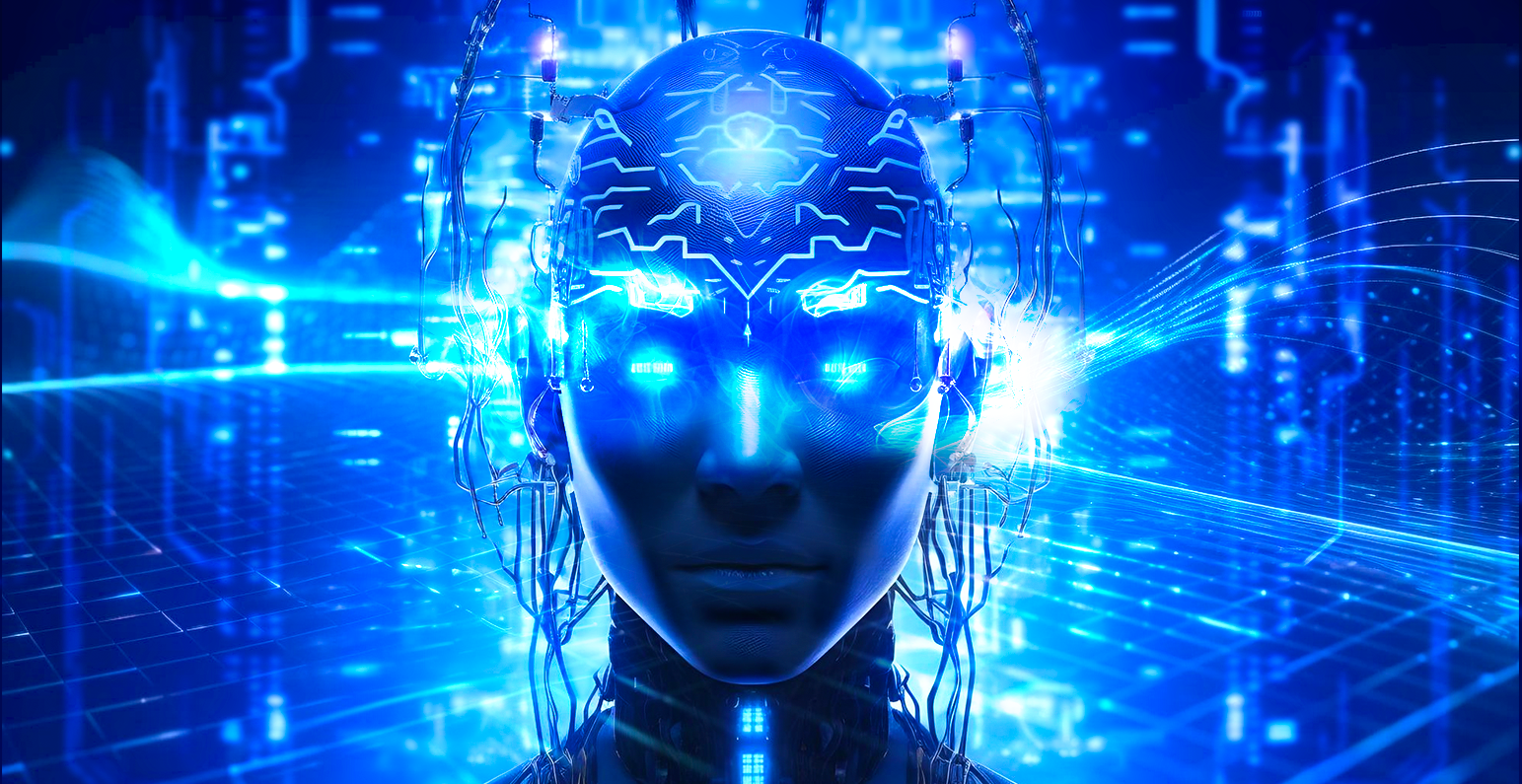Let’s Talk About Artificial Intelligence
Artificial Intelligence is a discipline focused on creating computer programs that perform operations comparable to those carried out by the human mind.
It works by implementing algorithms and techniques in computer systems, allowing a machine or device to learn from data and improve its performance as it is exposed to more information.
A Bit of History...
The history of artificial intelligence (AI) is a fascinating journey that began in the 1950s with pioneers like Alan Turing and John McCarthy. Since then, it has gone through periods of both growth and decline, but today it is experiencing rapid advancement thanks to developments in Big Data, cloud computing, and deep learning.
AI is already present in many aspects of our lives—from smartphones to autonomous vehicles—and it has the potential to transform even more industries in the future. However, it is essential to address challenges related to ethics, fairness, and AI safety to ensure its responsible development and use.

Use of AI in Businesses
Artificial Intelligence (AI) is revolutionizing the business landscape, opening up a wide range of possibilities to optimize processes, increase productivity, and improve decision-making.
Some ways AI is used include:
Task Automation
AI can automate tedious and repetitive tasks, freeing up valuable time for employees to focus on more strategic and creative activities.
Data Analysis and Decision-Making
AI can analyze large volumes of data quickly and efficiently, extracting valuable insights that enable businesses to make more informed and strategic decisions.
Improvement of Customer Service
Chatbots and other AI systems can provide 24/7 customer support, answering questions, resolving issues, and offering technical assistance.
Personalization and Marketing
AI can analyze customer behavior and preferences to offer personalized experiences, increase satisfaction, and build customer loyalty.
Development of New Products and Services
AI can be used to develop new and innovative products and services that were previously impossible
Supply Chain Optimization
AI can optimize supply chain management—from planning to distribution—improving efficiency and reducing costs.
Fraud and Anomaly Detection
AI can analyze data patterns to detect fraud, anomalies, and suspicious activities, protecting businesses from financial losses.
Predictive Maintenance
AI can predict when equipment or machinery is likely to fail, enabling preventive maintenance and avoiding costly unexpected downtime.

What technologies are necessary for the optimal use of AI in a business?
Before mentioning the necessary technologies and equipment, it’s important to note that implementing Artificial Intelligence can be a complex process. It requires careful planning and investment in the right resources.
Starting with small-scale pilot projects and gradually scaling AI adoption across the entire company is crucial.
Having the support of company leadership, as well as the involvement of all departments, is essential to ensure the successful implementation of AI.
Devices
High-Performance Hardware
AI requires substantial data processing power, so servers with multiple CPUs and GPUs, or cloud computing solutions, are needed.
Data Storage
AI relies on large datasets, so scalable and reliable data storage is required, such as cloud storage systems or high-capacity local disk storage solutions.
Sensors and IoT Devices
To collect real-world data, AI can be integrated with sensors, IoT devices, and other data sources. Some examples include thermostats, security cameras, light sensors, motion detectors, and temperature sensors.
User Interface Devices
AI can interact with users through devices such as touchscreens, voice interfaces, and chatbots.
Software
AI Platforms
There are various AI platforms such as TensorFlow, PyTorch, and Amazon SageMaker, which provide tools and frameworks to develop and deploy AI applications.
Data Analysis Tools
Data analysis tools like Tableau or Google Data Studio are needed to prepare, clean, and analyze the data used to train AI models.
Machine Learning Tools
Machine learning tools such as Microsoft Azure Machine Learning, Amazon SageMaker, IBM Watson Studio, and Scikit-Learn are needed to train and optimize AI models.
Software Development Tools
Software development tools are needed to create applications that integrate AI models, such as GitDuck, Code AI, Jupyter Notebook, and Deep Code.
Additional Considerations
Internet Connection
AI requires a reliable internet connection to access data and cloud resources.
Cybersecurit
It is essential to implement strong security measures to protect AI data and systems from cyberattacks.
Talent Management
Specialized AI talent is needed, such as data scientists, AI engineers, and software developers, to implement and maintain AI solutions.

